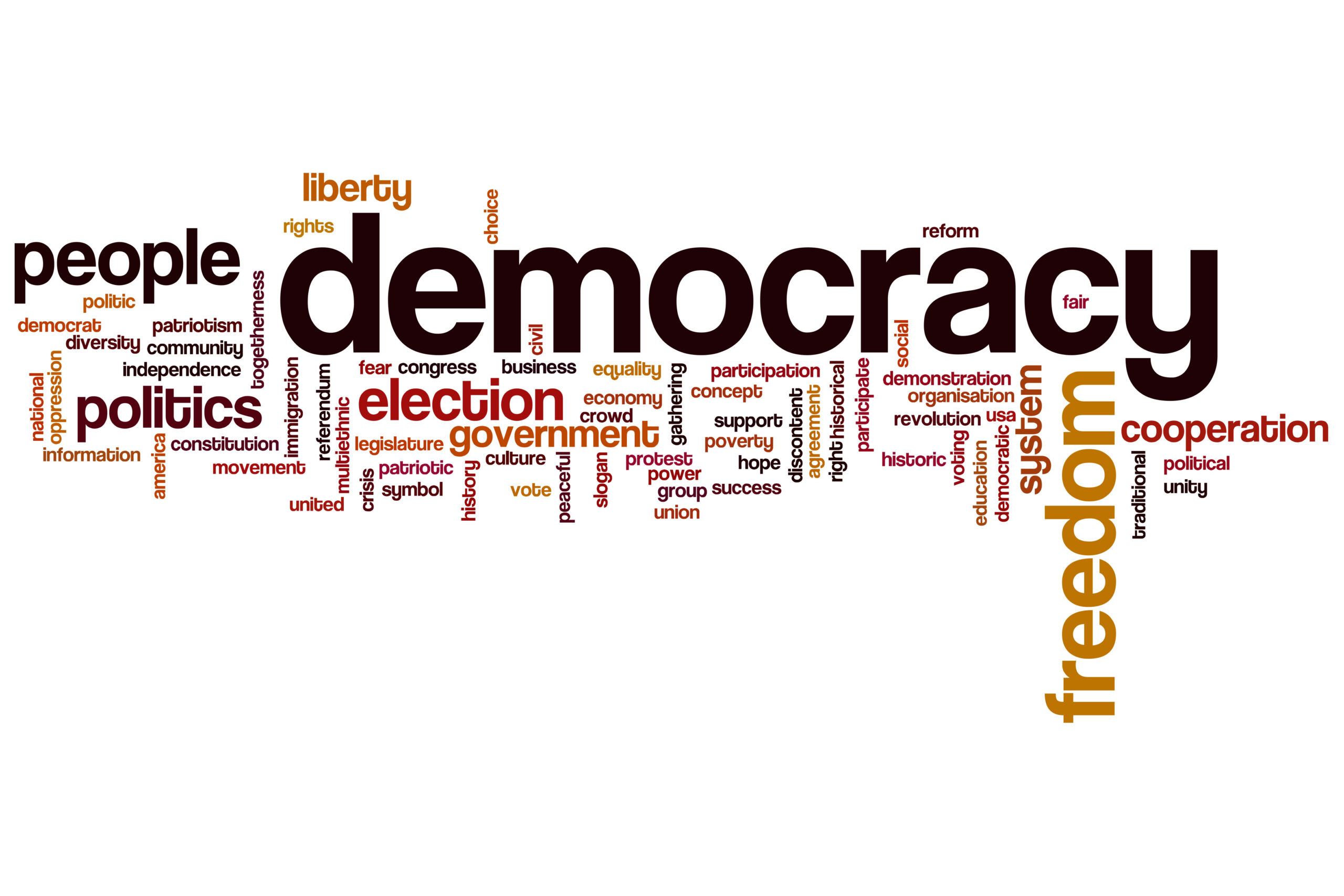Hungary recently witnessed a historic event – the Budapest Pride parade. Against the backdrop of a government ban, nearly 200,000 people flooded the streets in a vibrant display of unity and LGBTQ+ rights. The parade became a symbol of freedom of assembly and defiance against oppressive regulations aimed at silencing marginalized voices.
Political analyst Edina Pottyondy captured the significance of this moment by stating that “Fidesz has lost the street.
” The ruling party’s grip on public sentiment seems to be loosening as more people find their voice and stand up for what they believe in. This shift is evident in Pottyondy’s reflection that “
this Hungary is not the Hungary of two years ago.
”
The massive turnout at the Budapest Pride parade sent ripples through the political landscape. While Prime Minister Orban downplayed its impact, political scientist Gabor Torok acknowledged that it was “
definitely not something Orban wanted to see.” The clash between government policies and public sentiment underscores a growing divide within Hungarian society.
Amidst this social upheaval, Budapest Mayor Gergely Karacsony emerged as a central figure in defying the ban and leading the parade. By championing LGBTQ+ rights and challenging unjust restrictions, Karacsony strengthened his political position. His bold stance resonated with many who seek progressive change in Hungary.
The aftermath of the Pride march remains uncertain as authorities investigate potential legal repercussions for participants. Despite threats from Justice Minister Bence Tuzson, who hinted at imprisoning organizers, the spirit of resistance continues to thrive among those advocating for equality and inclusivity.
To shift attention from these developments, Orban introduced a new mortgage program offering favorable rates for first-time homebuyers. This strategic move aims to appeal to younger voters disillusioned with existing challenges such as corruption and soaring housing costs. By addressing pressing societal issues, Fidesz hopes to regain support ahead of upcoming elections.
Experts note that housing affordability is a critical concern for young Hungarians faced with rising real estate prices. The new mortgage plan offers an attractive alternative with lower interest rates and relaxed downpayment requirements. This initiative seeks to alleviate financial burdens and empower individuals to fulfill their homeownership dreams.
As Hungary navigates this period of social transformation, it grapples with broader European developments impacting climate policies. Czechia’s opposition to EU climate targets highlights diverging perspectives within the bloc on environmental commitments. Disagreements over emission reduction goals underscore complex challenges facing EU member states regarding sustainability measures.
The recent heatwave sweeping across Europe serves as a stark reminder of climate change’s escalating impacts. Czechia experienced record-breaking temperatures prompting concerns about inadequate preparedness for extreme weather events. Calls for enhanced urban resilience echo throughout Czech cities striving to mitigate heatwave risks effectively.
In neighboring Slovakia, political tensions escalate following charges against former police officers linked to high-profile investigations implicating current government officials. Allegations of misconduct raise questions about judicial independence and accountability within law enforcement agencies. These cases underscore ongoing struggles to uphold transparency and integrity in Slovakia’s governance framework.
Meanwhile, Poland implements temporary border controls amidst nationalist pressures signaling shifts in regional migration dynamics. Rising activism by citizen patrols underscores heightened anxieties over border security issues fueling policy responses targeting specific migrant groups from Middle Eastern and North African countries.
The convergence of these diverse narratives reflects intertwined challenges shaping Central European societies today—navigating political divisions while striving towards greater inclusivity; balancing economic priorities with environmental imperatives; confronting systemic flaws while upholding democratic values.






Leave feedback about this